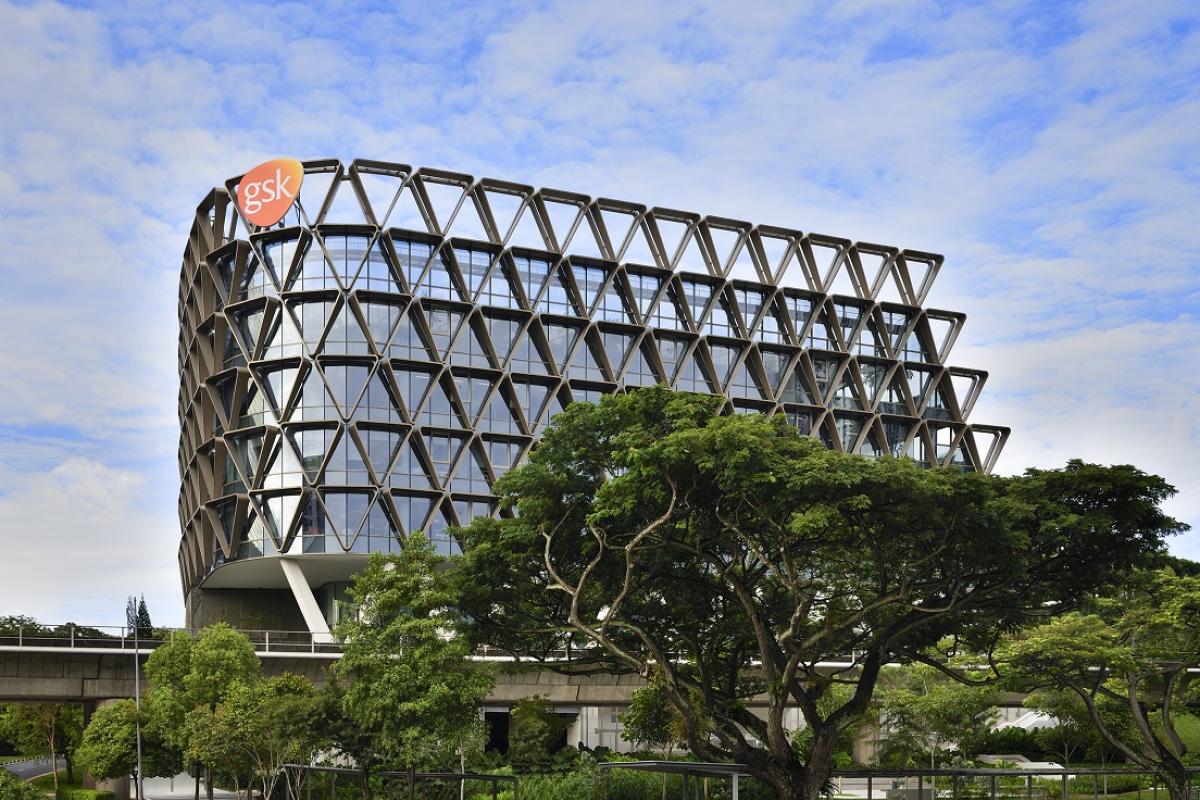Why GSK is redefining the meaning of career development

Like most organisations, UK pharmaceutical group GlaxoSmithKline (GSK) has also been greatly affected by the blurring of work-life boundaries, the overwhelming millennial factor, and the digitisation of work.
As Bonita Lee, GSK’s Vice President of HR for Pharmaceutical International, shares with HRM Magazine Asia, the HR function has been forced to evolve as a result of those disruptive trends.
“We can’t afford to ignore these trends. We need to develop an environment that’s modern, inclusive, enriching, and purpose-driven. So a lot of activities are dove-tailed to these areas in order to attract and retain the best people,” says Lee.
One area where HR has had to get innovative around is that of career development.
In November last year, HR ran Grow @ GSK Asia, a one-day event that helped educate employees on the importance of them leading their own development paths. The informational event also showcased how staff can engage their managers regularly to have conversations about their growth within the company.
Lee says the event was also about breaking existing beliefs surrounding career development, and broadening individuals’ understanding of what a career looks like in 2018.
“In the East Asian context, people have the belief that ‘careers’ are built only if you are promoted,” says Lee. “But we’re trying to help people rewire their thinking that career building and development is about acquiring new experiences and not just about getting a better-sounding title.”
The organisation’s strong commitment to philanthropy has also seen it integrate its leadership development programmes into its corporate social responsibility and purpose-driven culture.
In line with this stance, the Asia HR team introduced the Asian Leadership Programme for Emerging Leaders Forum.
As part of the programme, the general managers of each market sponsor around 30 mid-career talents from between 12 and 15 countries every year. Each business head has to sponsor at least one individual from a different market.
Each of the selected employees is then given a challenge from a non-profit or non-governmental organisation, for which they have to come up with solutions and recommendations. In 2016, the challenge was to increase awareness for bone marrow disease, while last year the programme supported the Special Olympics.
The role of the general managers is to coach the individuals through the team challenges, including on how to craft the content of their presentations, how to link their ideas together, and how to make good recommendations.
As a result of the programme, Lee says talent mobility across the different markets has increased.
“When you move talent, it’s very expensive because you don’t know if that talent speaks your language or understands your culture, so you will naturally think twice about paying to bring someone across,” she explains. “But when you have coached the person and believe in them, it’s so much easier.”
For more about GSK’s Asia-Pacific workforce strategy, check out our full interview with Bonita Lee, Vice President of HR for Pharmaceutical International, here: An effective cure with GSK’s talent remedy
It is part of our HR Insider series, which explores the people management teams of some of the region’s most prolific organisations. Read more HR Insider stories here.



